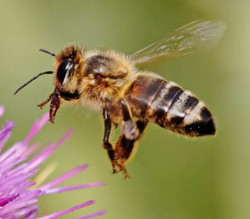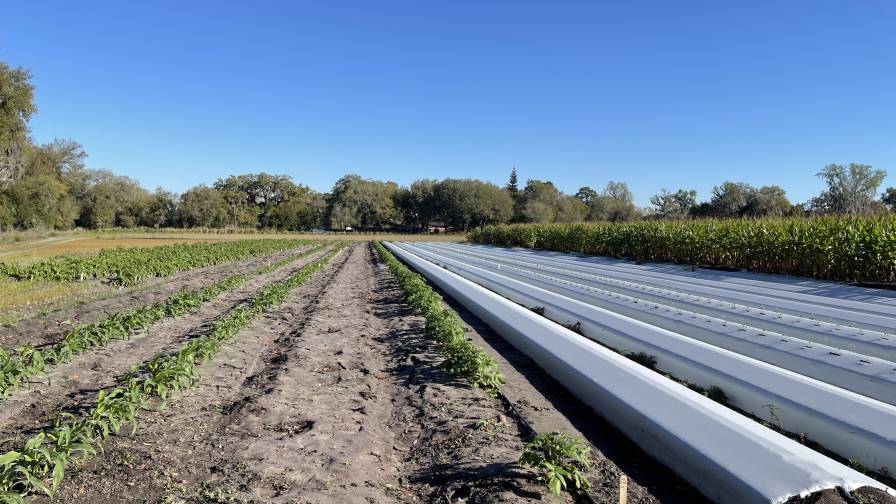Syngenta, Bayer CropScience Team Up On EU Bee Health Stalemate

Syngenta and Bayer CropScience have proposed an action plan to help unlock the EU stalemate on bee health. This follows the failure of the European Commission to reach agreement with Member States on an appropriate response to EFSA’s report on the theoretical risk to bee health from neonicotinoid pesticides.
John Atkin, Syngenta’s Chief Operating Officer, said: “This comprehensive plan will bring valuable insights into the area of bee health, whereas a ban on neonicotinoids would simply close the door to understanding the problem. Banning these products would not save a single hive and it is time that everyone focused on addressing the real causes of declining bee populations. The plan is based on our confidence in the safety of our products and on our historical commitment to improving the environment for bees.”
Dr. Rüdiger Scheitza, Member of the Board of Management of Bayer CropScience and Head of Strategy & Business Management, said: ”Even though all the evidence points to various parasites and diseases being the true cause of poor bee health, we are keen to do everything in our power to give consumers confidence in our products. The significant lack of agreement between the European Commission and the Member States needs a bold plan so that farmers in Europe can continue to produce the high quality affordable food, in a way that promotes the health of bees and other pollinators. We believe that such a plan as this can be delivered.”
The key features of the action plan are:
- Significantly scale up the creation of pollen rich, flowering field margins across the EU to provide essential habitat and nutrition for bees.
- Support for the establishment of a comprehensive field monitoring program for bee health including the detection of neonicotinoid crop protection products – particularly in maize, oilseed rape, sunflower and cotton.
- Mandatory implementation of strict measures to mitigate the exposure risk to bees; these are currently already recommended by the manufacturers and effectively applied by most farmers as good agricultural practice.
- Investment in and implementation, at the earliest opportunity, of new technologies which further reduce dust emissions from the planting of seed treated with neonicotinoid crop protection products.
- Further investment in the research and development of new solutions for the main factors impacting bee health, which include parasites and viruses, and establishment of area-wide long-term pilot studies which demonstrate their effectiveness.






